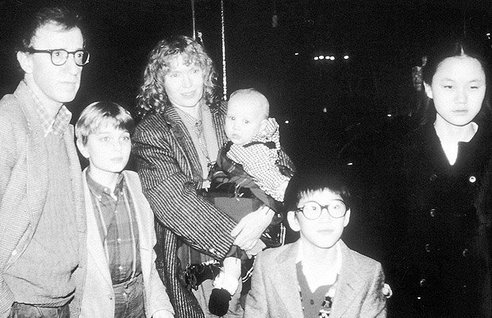
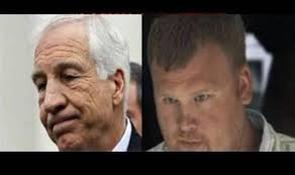 Jerry Sandusky and Son Matt
Jerry Sandusky and Son Matt And it happened in my own family. My brother’s position was that I had “falsely accused an innocent old man.” How is that siblings can have such wildly different experiences within the same family? There could be several possible reasons:
Often the victim occupies a scapegoat role in the family, and discrediting and trashing him or her is part of the prevailing family dynamic. The abuser could be so powerful or terrifying that other siblings, for their own reasons, may have chosen to side with him or her… and sometimes that “choice” is made for them on a subconscious level, with the subconscious mind editing out of memories. And then, there are the perks and incentives. Inheritance is always a big one, but there can be other benefits in protecting a perpetrator. Often accusing a family member will result in losing one’s welcome with the perpetrator’s side of the family, or even with the entire family. No more invitations to Thanksgiving, graduations, holiday dinners. If one is still being supported by family, it might mean no more free rent, no more free tuition, and so on. When the perpetrator is a famous celebrity, the benefits can be substantial.
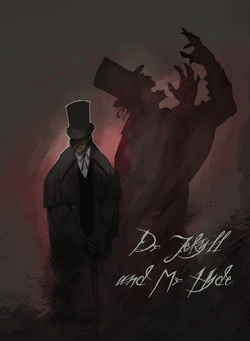
Let’s look at this.
Often a perpetrator will only perpetrate when they are in an altered state from drug or alcohol use. Under the influence, they can be described as “changing personalities,” “acting like a different person.” And sometimes, with sexual abuse, this can happen without substances. Sexual compulsions and addictions operate apart from the will. They seem to have a mind of their own. Ask any addict. This is what Step One of the Twelve Steps is all about: “Admitted we were powerless over alcohol and that our lives had become unmanageable.” Folks in recovery will be quick to add that being “powerless over alcohol” does not mean they are helpless or non-accountable. The addict can reach out, get a sponsor, attend 12-step meetings. Addicts, even ones far-gone in addiction, can and do become clean and sober and stay that way. They can make amends. But first they have to identify the disease as a dissociated state that can take over their thinking. Recovery strategizes around the dissociated process of addiction, which is why it works. It does not rely on will power.
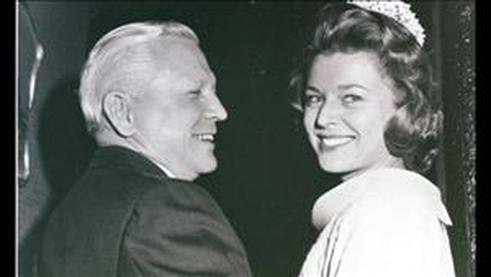 Marilyn Van Derbur and Father
Marilyn Van Derbur and Father Trauma is trauma because it involves something that the mind cannot accept, and yet something that the mind must accept. Incest is traumatic. It cannot have happened, and yet it did. One cannot bear to think about it, and yet one must find a way to think about it. The family cannot assimilate it, and yet they must. Fissures open up. Lines are drawn. Alliances form. Something or someone is ejected. Someone is a liar, someone has ulterior motives. The survivor recants or she is cast out, discredited, trashed. Or else the perpetrator is rejected, demonized, banished, all traces exorcized.
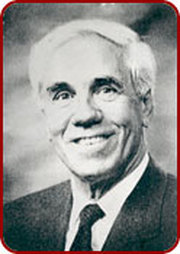 David Meade White, Jr.
David Meade White, Jr. Sometimes, when a powerful figure, like a father, dissociates, those around can also spontaneously dissociate on cue. That enables them to split off and possibly forget entire episodes of incongruent behavior. This kind of dissociation is a self-protective strategy, especially when the family is still a survival unit, as it is for a child.
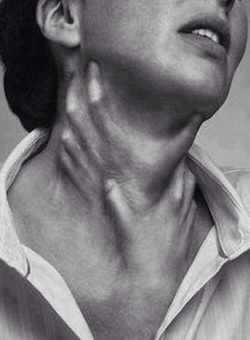
What I noticed was that my father could do something that the whole family witnessed, like cutting through the cord of an electric hedge-trimmer, and then insist that he had not done it. I mean, really insist. I thought, “Well, he’s either the world’s best actor or else he has the world’s worst memory.” I came to believe that the truth was neither. He was dissociating. He held himself to such high standards of godlike perfectionism, that when he messed up, he simply edited reality. He could “make it so” whenever he wanted. Possibly it was these impossibly high standards that played a part in the creation of a criminal and non-accountable dissociated state.
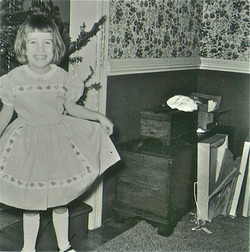 In a dress my daddy gave me.
In a dress my daddy gave me. I do not believe that my father assimilated his perpetrations. I believe that he stored those memories in the same file with the bisected hedge-trimmer cord: “Things That I Know I Could Not Possibly Have Done.”
Getting back to the question of siblings…
When these conflicting sibling narratives occur, they do not necessarily mean that the perpetration never happened. In fact, they can bear powerful witness to a dissociated truth about the family. Is someone lying? “Lying” is a poor choice of words for what happens in dissociation. Truth is being compartmentalized, split off, banished… but that is different from intentional lying. These pieces of truth, held by different family members, become polarized, as do the holders of them. Demon-monster or long-suffering, wrongfully accused innocent? Ungrateful, vengeful child or courageous truth-teller? Loyal sibling defending an innocent parent or cowardly betrayer hoping to inherit?
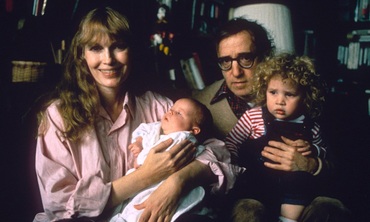
One might remember the times when a perpetrator was caring and generous, and at the same time hold the memories of their horrific perpetration and betrayal. One might acknowledge the skill or artistry in the perpetrator’s professional life, and still retain the anger for their sexual predation. Holding contradictory truths, one must still make choices around behaviors. And those behaviors will reflect values and have moral consequences.
In my own experience, I was less empowered when I was demonizing the perpetrator. I continue to confront and I still hold him accountable, but today I have a deeper understanding of him as person made up of many parts, with his own history of victimization, and suffering from a devastating form of mental illness. This perspective expands my opportunities for advocacy and activism, and it also enables me to take a more careful inventory of the ways in which I have been affected by the perpetration.
Today, I can read the articles by Dylan and by Moses Farrow, and I can see how they both tell the same story, a story of incest.

 RSS Feed
RSS Feed
